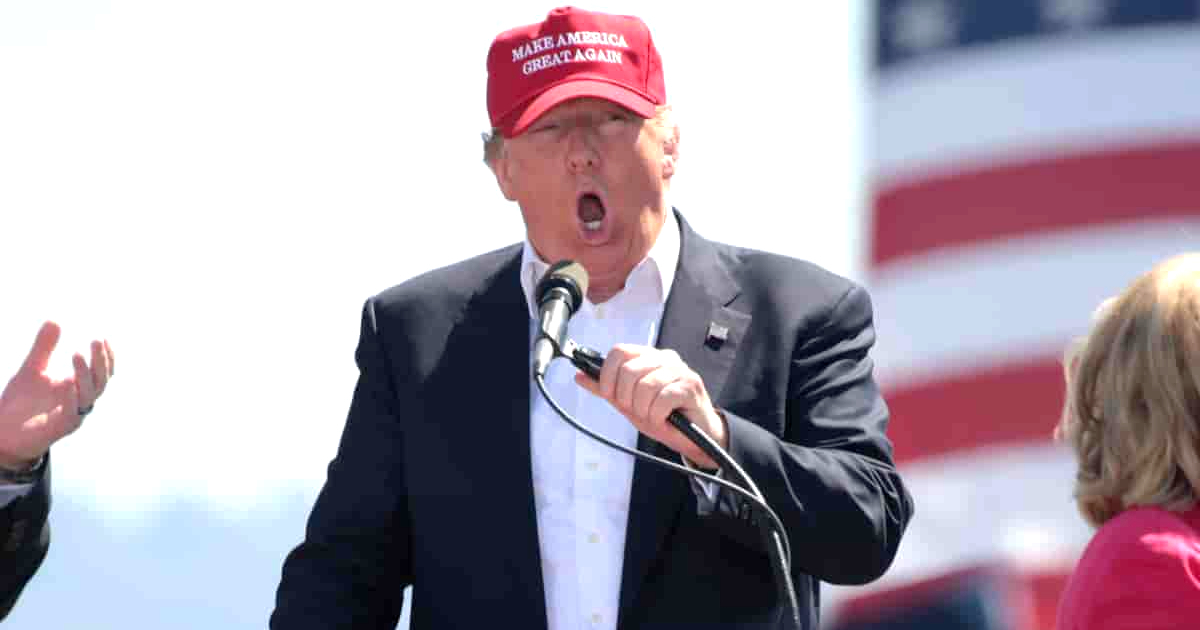
In a ruling compromising his ambitions to reach the White House again, a federal appeals court ruled Tuesday that the former president of the United States,Donald Trump, can be prosecuted and judged byconspiracy to overturn the 2020 election.
The U.S. Court of Appeals for the District of Columbia Circuit said the idea that Trump is immune from criminal liability for his actions as president lacks support in the Constitution, history or judicial precedent.
The ruling represents a significant legal setback for Trump, who denounced the decision as "destructive to the nation," according toAFP. Through your spokesperson,Steven Cheung, announced that he will appeal the decision to "safeguard the Presidency and the Constitution," arguing that immunity is essential for the proper functioning of the presidential office.
The appeals court temporarily stayed the immunity ruling until Monday,allowing Trump to appeal to the US Supreme Court. This last instance will have the final decision on whether to accept the case or confirm the decision of the appeals court.
Trump's trial was expected to begin on March 4, but was postponed due to the immunity decision. The district judgeChutkan asked, in charge of the case, had previously rejected the immunity claim in December. Before, in August, the Republican leaderhad pleaded not guilty.
The three judges who heard the appeal last month backed this position, noting that as a citizen, Trump is subject to the law and no longer has executive immunity.
The special prosecutorJack Smith, in charge of the electoral conspiracy case against Trump, has sought to maintain the trial's start date in March, while the former president's lawyers have tried to delay it until after the November presidential election.
In addition to the electoral conspiracy case,Trump faces similar charges in Georgia and has been charged in Florida fortaking classified documents with them when leaving the White House. Despite having been acquitted twice by the House of Representatives, the ongoing legal process represents a significant challenge for the former president.
In arguments before the appeals court, the justices were skeptical of the immunity arguments presented by Trump's lawyer. They challenged the idea that a president can be prosecuted only for actions committed while in office if he is previously impeached and convicted by Congress.
Trump's case has generated intense debate about the limits of presidential power and accountability under the law. For many, the outcome of this process will have important implications for the future accountability of political leaders in the United States.
What do you think?
SEE COMMENTS (8)Filed in: